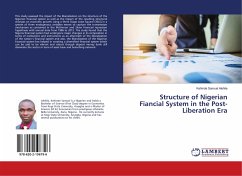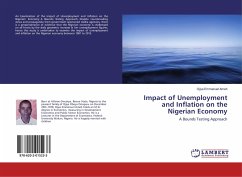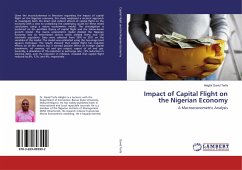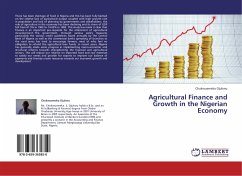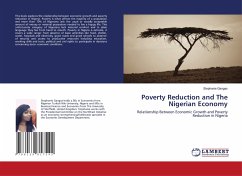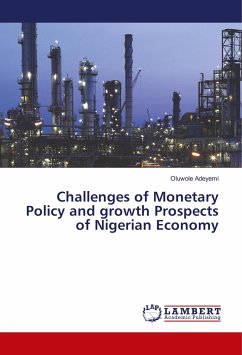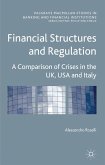The quest to unveil the myth surrounding the dismal performance of financial system in most developing economies, provides the need for a radical departure from the use of orthodox financial indicators and ratio values: money supply, deposit interest rates, bank credits to public sectors, bank credits to private sectors, reserve requirements, ratio of high-powered money to money supply and logging items, e.t.c. to the use of absolute values and financial market indicators: market capitalization, number of listed companies, total value of transactions, total new issues; treasury bills, treasury certificates, long-term government stocks, commercial papers, bankers acceptances, e.t.c. The thesis unveiled the myth. Financial market indicator variables impact on economic growth in Nigeria.
Bitte wählen Sie Ihr Anliegen aus.
Rechnungen
Retourenschein anfordern
Bestellstatus
Storno


